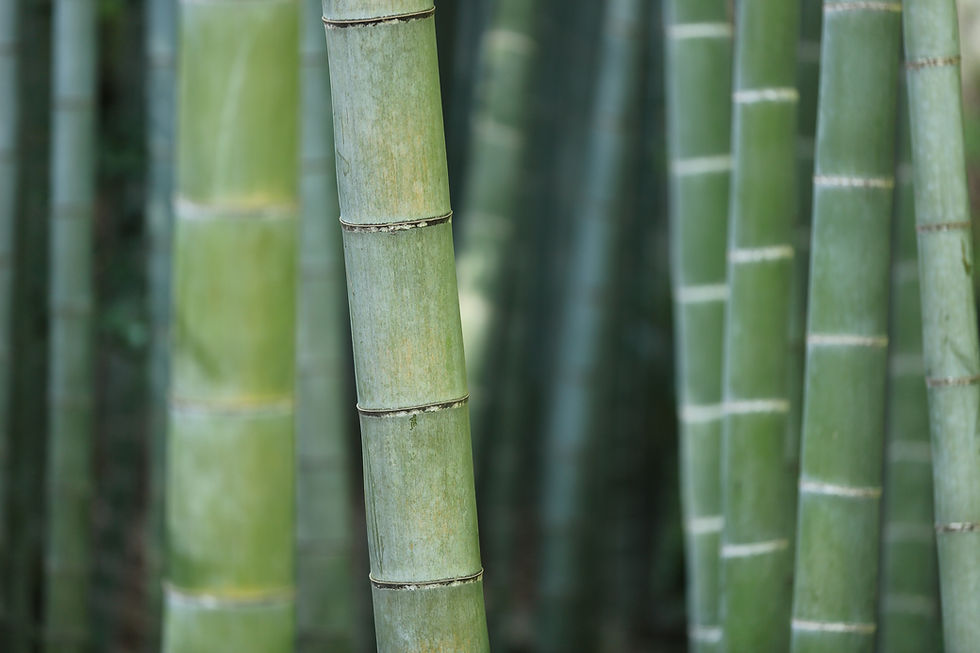
When people realized how much plastic was a factor in climate change, plastic straws and water bottles were some of the first things to go.
Recycling was proving to be ineffective and inefficient, so people needed everyday alternatives. As a result, the marketplace has adapted to this sustainable shift by providing consumers with a diverse range of options both practical, and unnecessary.
In terms of on-go easiness, stainless steel is one of the best options.
Ideal for travel mugs and food storage, stainless steel can take a beating and is easy to clean. It can also keep food warm for longer.
If you spend most of your time in the kitchen, it's a good idea to consider swapping out your silicone supplies for wood alternatives. Cutting boards are the first thing that may come to mind but cleaning brushes and wooden spoons are also viable.
Many tout bamboo as the key plastic alternative in regards to common items.
The plant has been presented as a more “upscale” alternative to plastic for similar items like utensils and straws.
If you’re really invested in your carbon footprint, depending on where it's produced and how far it needs to travel can be an issue. If you can, locally sourced products are ideal, but that's not always an option.
Business Insider has a great article listing their own alternatives to plastic if you’re looking for more out-of-the-box ideas, too.


Comentarios